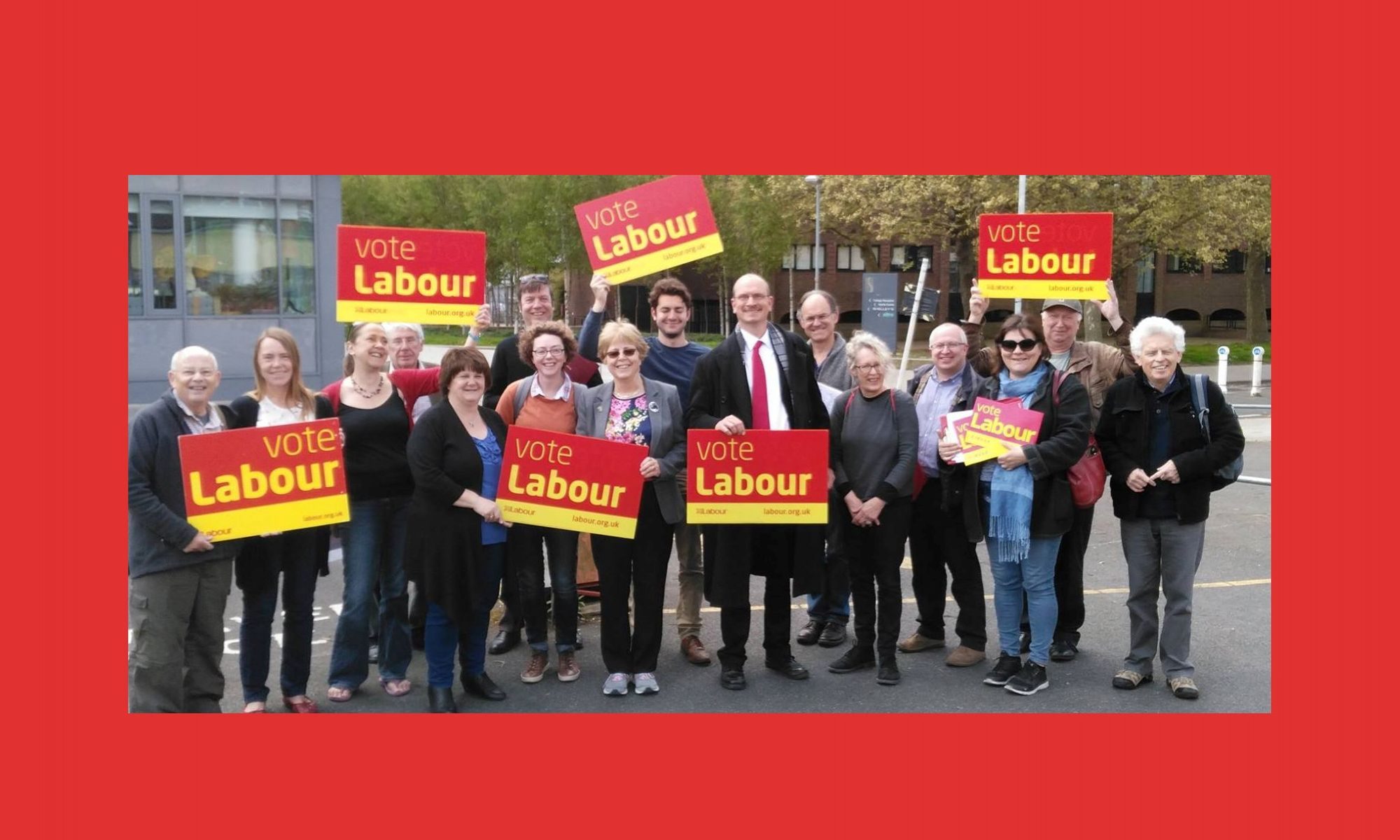We have a supposedly geographic system of representation —MPs are elected to represent geographic constituencies— but how can we use the importance of the geographic link between the MP and their residents as an argument for keeping the first-past-the-post system when half the residents of this country do not know which constituency they live in? If and when they do learn which constituency they live in, find out who their MP is and develop some sort of relationship with them, the Boundary Commission is likely to come along and ship them over into some other constituency, so they cannot vote for that MP anyway.
It is entirely possible to devise a system of geographic representation that enables meaningful and fixed constituencies of varying sizes coupled with a proportional top-up to ensure that the overall result is fair. It is not necessary that that top-up should be done with a list system.
What I would propose would be a system where each Constituency represented a recognised administrative area. Each candidate standing for a political party would receive a single vote from residents wanting to vote for them and their Party, as at present. If that candidate won the most votes in that constituency, they would be elected – as at present. Then all the votes for each Party would be added up across the country, and additional MPs would be elected as top-ups from each Party in order to make the overall number of MPs roughly proportional – this is what happens in Wales and Scotland.
There is no need to have party lists under this system. The proportional top-ups can be elected from amongst the candidates who did not get elected under first-past-the-post. The candidates with the highest personal vote would be elected, and this would mean that the largest constituencies would tend to have 2 MPs, one from each of two parties. That way, not only would every MP have to stand for election in a local constituency, but also more voters would have an MP that they had voted for, which would make it easier for people to access an MP they could trust.
My perception of the AV referendum in 2016 was that it was a referendum on the popularity of Nick Clegg. The vast majority of people had no idea how the system they were voting for or against was supposed to work, and it was not a proportional system.
We’ve had that failed referendum, but the current system is not fit for purpose, and I suggest that we should elect people to represent geographic entities that mean something to the voters. It is about time we looked at something more meaningful, which would actually accord with the expectations of our voters.
